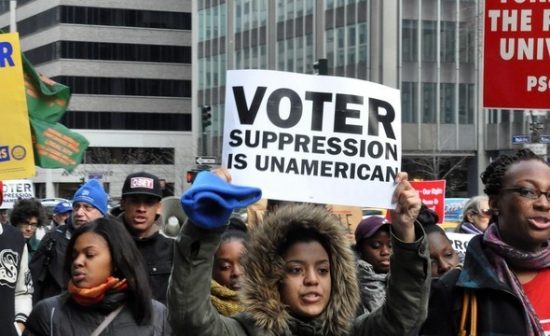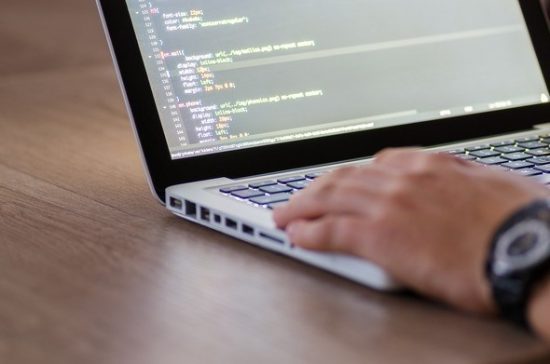Thanks for continuing to follow my series of end-of-session updates. Visit my legislative website to see my previous three reports.
Higher Education

Building an economy that works for everyone means making college and career opportunities affordable and accessible for all qualified students, not just the privileged few. The 43rd Legislative District has the highest concentration of college students, staff, faculty, and institutions of higher learning in the state, and will benefit greatly from important funding and policy efforts we enacted during this year’s legislative session.
State Need Grant
This session, the legislature committed to a $166 million budget investment to put the state on a pathway to fully funding the State Need Grant. This is the State’s primary financial aid, which helps nearly 60,000 students attend college each year. However, over 22,000 eligible students do not receive support due to lack of funds. This new investment will phase out the wait list over the next four years.
Dream Act 2.0
We want all our students – documented or undocumented — to stay in college, finish their degrees, and go on to get good jobs to support their families. HB 1488 removes barriers to higher education by enabling undocumented students to qualify for the College Bound Scholarship. Additionally, students with DACA status will be able to keep their College Bound state financial aid, even if the Trump Administration follows through on its threat to eliminate the DACA program.
Our state is creating jobs ten times faster in certain sectors – like tech – than we are producing talent for those industries. The last thing we need is people dropping out of college because they can’t afford it anymore. This bill will help students stay in school and finish their degrees.
Consumer protection for those with student loans
On average, student loan debt for Washingtonians is around $24,000, but borrowers don’t have many consumer protections. When people default on their loans, the state can revoke their professional license, or garnish 25 percent of their paycheck. These actions make it even more difficult – if not impossible – to pay back the loan. And, according to the state Attorney General’s office, hundreds of complaints have been filed against student loan servicing companies and third-party loan modification companies over questionable operating procedures and debt readjustment scams that prey on students struggling to make their loan payments.
The Student Opportunity, Assistance and Relief Act (HB 1169) will provide relief for people struggling to make payments on their student loans by repealing provisions allowing professional license suspension due to student loan default, lowering the interest for unpaid private student loan debt, and increasing bank account and wage garnishment exemptions
SB 6029, known as the Student Loan Bill of Rights, will increase oversight for student loan servicers who operate in Washington. It will also create a Student Education Loan Advocate that will be responsible for fielding complaints from student borrowers and helping borrowers better understand their rights and responsibilities under their loan agreement.
Expanding the Opportunity Scholarship Program
The Washington State Opportunity Scholarship program (WSOS) helps low- and middle-income Washington state residents earn their bachelor’s degrees in the high-demand fields of science, technology, engineering, math, and health care.
But not all who are looking for post-secondary educational credentials in these fields are seeking four-year degrees. HB 1452 expands the WSOS program to students pursuing professional-technical certificates and degrees. It also creates the Student Support Pathways Account, from which scholarships for professional-technical certificates and degrees will be awarded.
Democracy Access

Voting is a fundamental American right, and our representative democracy is strengthened by every vote. Rather than making it harder, Americans should come together to make it simple and straightforward to participate in the democratic process. While other states are taking egregious steps to restrict access to democracy, our state has a long and progressive history of seeking to bring more people into the fold. This year we passed a package of bills that increase voting access, representative government, and exposing hidden money in elections.
Pre-Registration for 16 and 17 year olds
The biggest indicator as to whether or not a person engages in government is their status as a registered voter. The aim of this bill is to get people civically engaged early as 16 and 17 year olds, making them more likely to vote once they turn 18. (HB 1513/SB 5110)
Automatic Voter Registration
This bill provides automatic voter registration when citizens obtain enhanced driver’s licenses or identification cards through the Department of Licensing. Other state agencies that require citizenship will be able to provide automatic voter registration after they assess their capability and receive the governor’s approval. (HB 2595/SB 6353)
Same-Day Voter Registration
In the 2017 general election, voter turnout in Washington hit a record low as only 37 percent of voters cast ballots. Voter apathy is a disturbing trend nationwide, fueled in part by some state laws that restrict voting rights. Same-day voter registration could increase voter turnout by up to 10 percent. This bill will ensure every eligible voter in Washington State can register and vote in person on Election Day. They’ll also be able to register electronically or by mail up to eight days before Election Day. (SB 6021)
Washington Voting Rights Act
The Washington Voting Rights Act will remove barriers in existing law to ensure fair representation as well as authorize a collaborative process so that impacted communities and local governments can reach agreement without resorting to litigation. (SB 6002)
The DISCLOSE Act
The DISCLOSE Act is a nation-leading transparency effort to ensure campaign finance disclosure by nonprofits that participate in elections. Until now, political action committees must disclose their donors but other nonprofits have been exempt. The result has been a significant increase in campaign dark money flowing through these non-profit groups. (SB 5991)
Improved election security and auditing
Due to recent Russian election meddling, Americans have become justifiably concerned with the security of our election system. A recent report from the Center for American Progress gave Washington a grade of “C” on election security. The study finds Washington’s post-election audits to be unsatisfactory. HB 2406 directly addresses the shortcomings the study highlighted for improvement.
This new law outlines “best practices” for election audits; requires vendors of voting systems to disclose security breaches in their systems; authorizes the Secretary of State to decertify faulty or suspect systems; and allows for risk limiting audits, considered the new ‘gold standard’ of post-election audits.
Net Neutrality

With the passage of HB 2282, lawmakers are protecting net neutrality in Washington – making us the first state in the nation to pass such legislation. It passed the House and Senate with bipartisan votes.
Under the legislation, Internet Service Providers (ISPs) are prohibited from blocking customers’ access to lawful content; “throttling,” or slowing down lawful content; and favoring certain content over others due to “paid prioritization.”
These protections were guaranteed at the federal level for years, but the Federal Communications Commission announced in December it would rescind them. The day the FCC’s announcement came down, HB 2282 was pre-filed for introduction in the House by Rep. Drew Hansen, and I was glad to play a small part in seeing it pass and be signed into law. The bill ensures net neutrality protections for Washingtonians.
Thanks again for following along as I send these end-of-session updates. It’s an honor to serve as your State Representative. Please keep in touch about the issues that are important to you.
Thank you,

